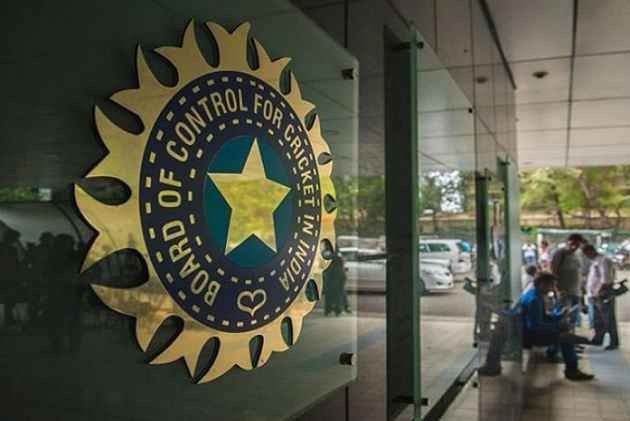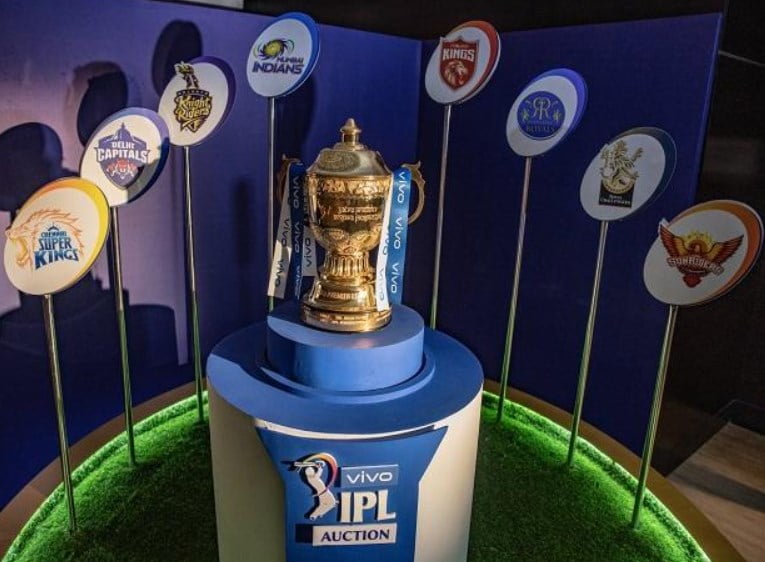Indian Premier League has given a lot of youngsters to the game throughout the years. And, Punjab Kings co-owner Ness Wadia feels the BCCI should allow IPL teams to play exhibition games overseas in the off-season as it will help to strengthen the team only. Notably, two more teams will include the next season as well – Lucknow and Ahmedabad.

Speaking to PTI, Wadia said: “The BCCI must consider having off season matches to be held in places where there is a big Indian diaspora. That will grow the IPL even more. A bunch of three or five games in the off season based on player availability. Hypothetically, allow the top four franchisees every year to play a few games in, for example, Miami or in Toronto or in Singapore. It will only strengthen what already is a strong product.”
READ HERE: Shaun Tait explains why speedsters struggle to bowl 150+kmph
However, a mega auction will take place soon before the next season and after the windfall from the IPL team auction, the board could earn double – the USD 2.5 billion it earned from the broadcasting rights in the last cycle as well. And, the next cycle from 2023-2027 could fetch as much as USD 5 billion and Ness Wadia is confident of the IPL attracting that number as well. However, the owner is worried about the players also as they have been constantly playing in both IPL and international cricket in bio-bubbles which cost their mental health as well as physical.

He shared: “I don’t think the numbers are mindboggling. Sport is big business now. It is a good investment. The league truly deserves it. These are serious businessmen we are talking about. They invest in things with a purpose. It has taken us 14 years to reach where the league deserves to be. I am happy that it has finally happened.”
READ HERE: Aakash Chopra opens up on New Zealand’s T20 World Cup squad
“It could be even slightly more. The only concern is about physical and mental fatigue of the Indian players of all franchises, they have been in bubbles since last September. Mental fatigues of these players have to be factored in,” Ness Wadia concluded.
